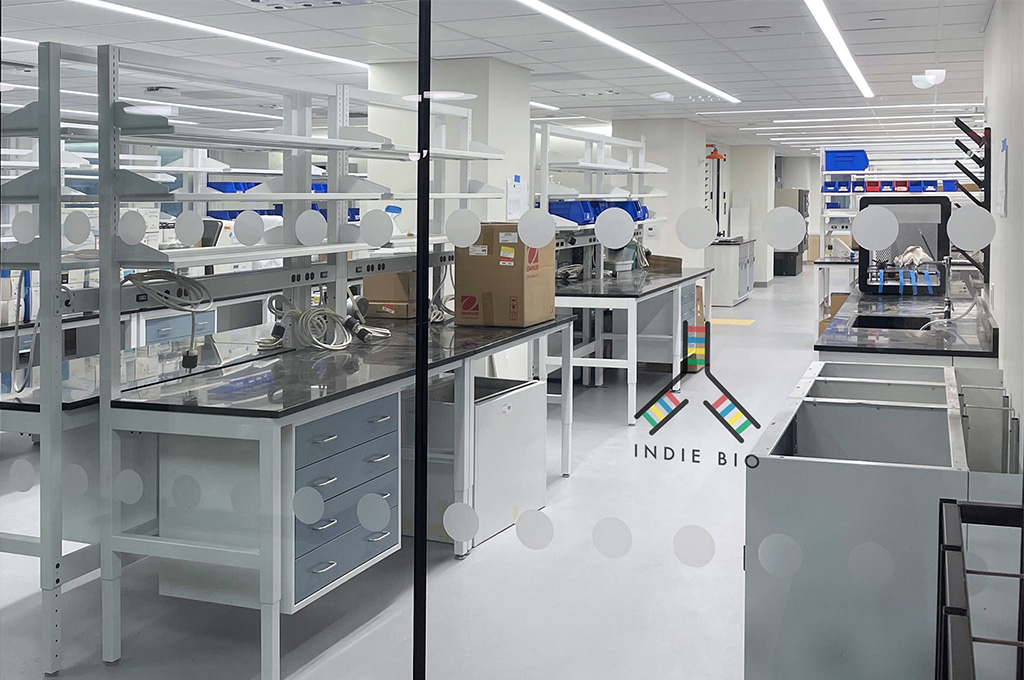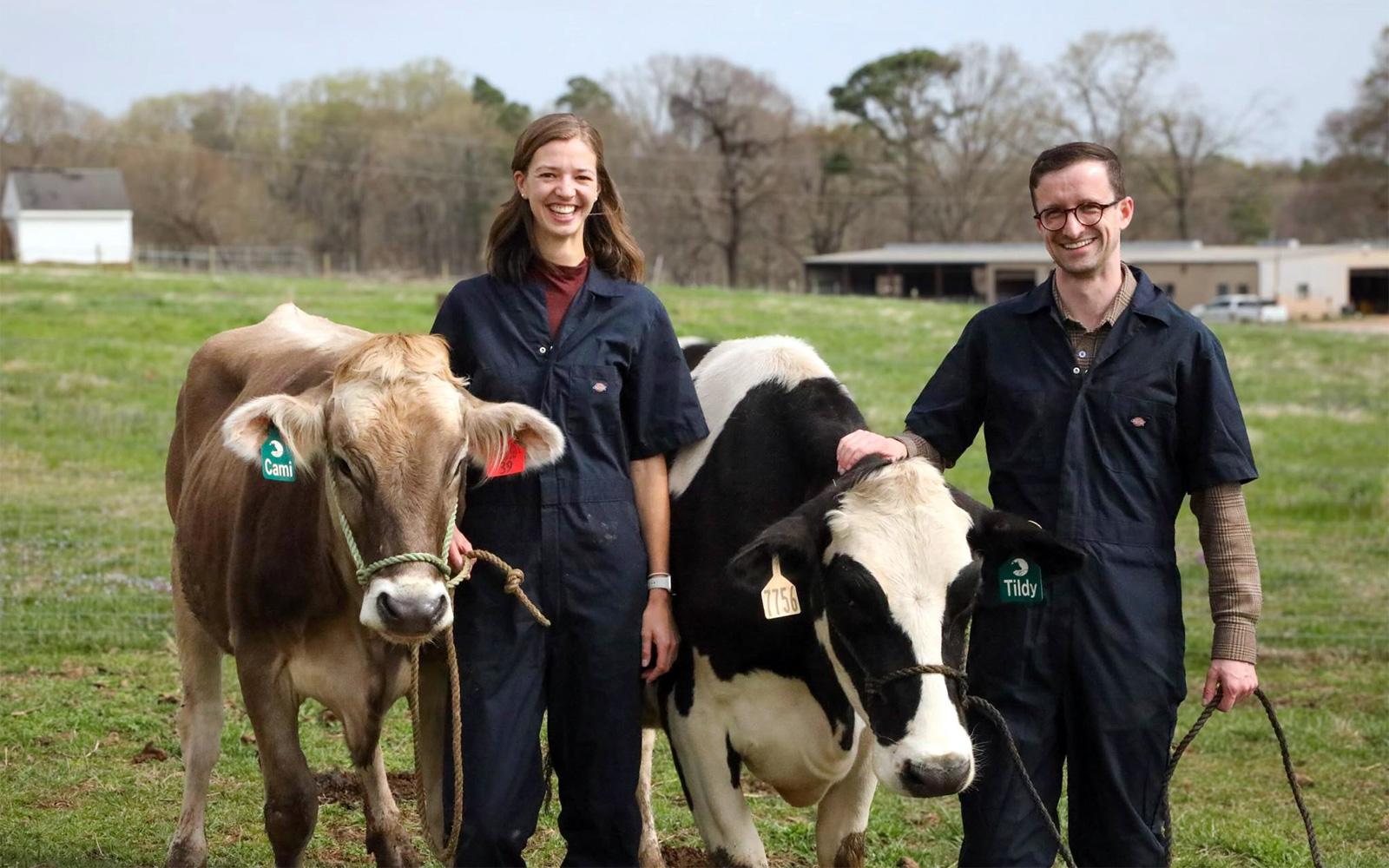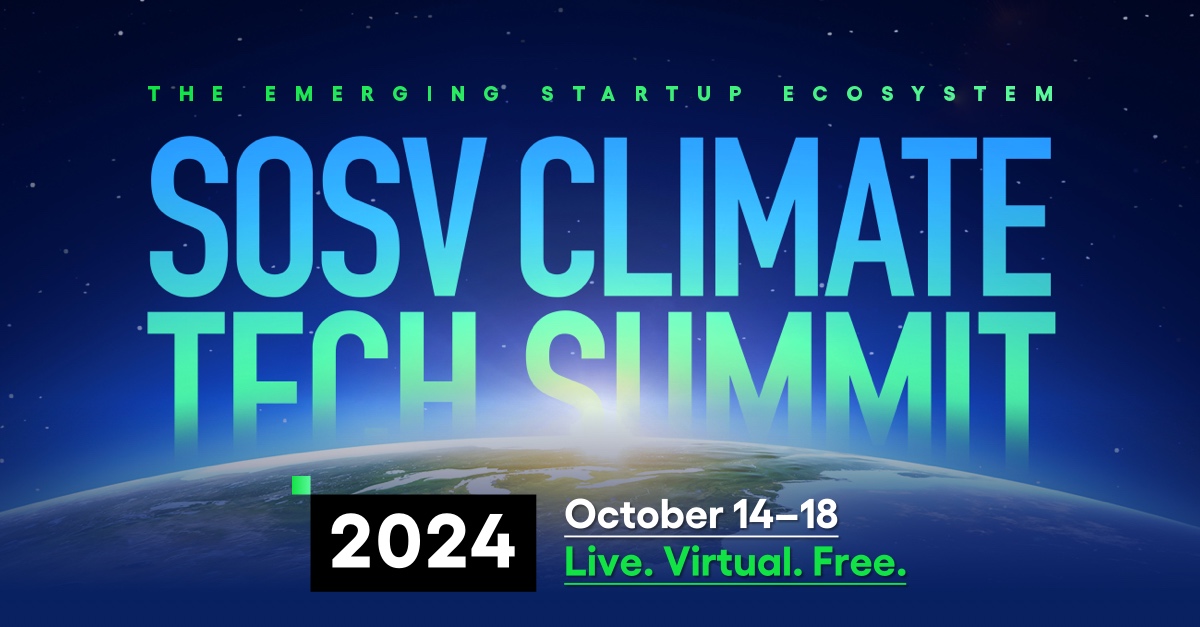Pae Wu is the newest general partner at SOSV. She runs IndieBio SF with fellow SOSV general partner Po Bronson. Pae is also the CTO of the program.
Prior to joining IndieBio in 2020, Pae served as the Scientific Director of Telefónica’s moonshot factory – Alpha (Barcelona), Science Director at the US Office of Naval Research – Global (Singapore), and technical consultant at the Defense Advanced Research Projects Agency (DARPA). She holds degrees in Electrical Engineering from Duke (PhD) and Princeton (BS).
Here are a few questions we asked Pae to mark the start of her new role.

Why IndieBio?
Simply put, this place is an enabler of people who have great ideas and a genuine desire to bring positive change to the world. There are those in the industry who gate-keep and those who enable – I wanted to be with the enablers.
But wait, you’re not a biologist, you’re an electrical engineer! How does that work?
I was met with a lot of resistance.
Actually not true at all – I came out of academia at a time when biology was hitting its stride as something humans could engineer. I was lucky to help the US government deploy huge sums of early R&D funding to accelerate biology’s transition into an engineering discipline. The last decade or so, my portfolio has expanded to encompass the broad intersection between engineering and biology. Really what I’ve learned through the years is that the most interesting new technologies emerge at the interfaces of seemingly disparate disciplines – semiconductors and molecular biology, neurobiology and phase-change materials. So pretty much I spend my days mashing up topics that pique my curiosity.
Engineers basically look at the world and try to figure out how to control systems to do useful things. This is applicable whether the system in question is living or not. What I’m saying is, if a company is trying to build a business that solves a big problem, there are inputs and outputs that matter and it’s OK to me if it’s electrons, photons, or neurons.
What’s been the biggest surprise since you started working with biology-based startups?
What’s been exhilarating in my time here at IndieBio is how committed our team is to the mission of solving problems of human and planetary health. That’s allowed us to really flex the definition of what is an IndieBio company. Beyond biology, we’ve taken a more agnostic approach to solving problems like the decarbonization of heavy industries, to include physics and chemistry-based technologies.
IndieBio is a place of great optimism. Every day I’m inspired by our founders who have the mettle to see big existential problems as an opportunity to do an audacious thing. Most of them leave academia or healthy careers to bring this thing to reality out of a sense of mission. Here in the Ivory Basement, as Arvind calls it, I am constantly reminded of what a huge responsibility we have to these founders to launch sector-defining companies both from souvenirs left by the amazing alumni Arvind, Po, Jun, Alex, Parikshit, and Maya nurtured all these years and from the constant energy of the current founders pulling the long hours in the lab.
IndieBio covers a lot of ground, from pharmaceuticals to bioreactors, CRISPR technologies and alternative proteins. How do you make sense out of all that?
Very carefully.
Is there such a thing as too much non-dilutive money?
There is such a thing as too much of the wrong kind of non-dilutive money. One thing that I remind founders is that the cadence of capital from the government does not align with the cadence of execution for a venture-backed start-up. Plus, it’s only mostly free money – trust me, I’ve read the required proposals, budgets, and reports and know the time and energy those take to generate.
The ecosystem is growing flush with other forms of non-dilutive support for deep tech founders, which is largely great, as long as start-ups continue to move quickly. There’s a reality behind the romantic vision of the lean and gritty start-up.
In short: Don’t let your non-dilutive funding steer your execution.
Can you tell us just one thing about DARPA that only DARPA people would know?
Sorry, I have to run to another meeting.



